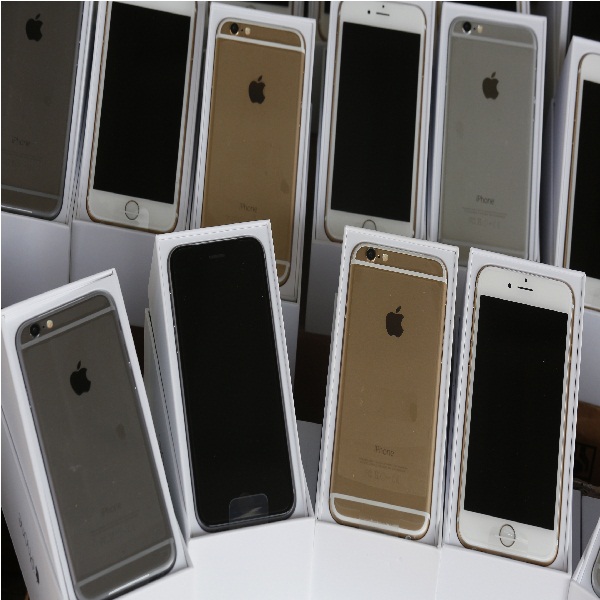A recent clinical study has revealed that iPhone separation disorder is already a serious psychological problem. Published from the University of Missouri, the study shows a revealed a terrifying fact about people who are too hooked on their smartphones that they cannot fully use their cognitive skills especially without the aid of the device.
For almost a decade since the release of the first iPhone, reliance on smartphones has greatly increased and some people have even developed psychological and physiological attachment to their device that hinders them from fully functioning without the help of their devices.
Russell Clayton, the head of the team that performed the study, said that their finding suggest that "iPhone separation can negatively impact performance on mental tasks. Additionally, the results from our study suggest the iPhones are capable of becoming an extension of ourselves such that when separated, we experience a lessening of 'self' and a negative physiological state."
Although the iPhone separation disorder has been described for many years already it is only until recently that a formal clinical study has been done in order to officially label it as a psychological problem that needs to be taken seriously.
In conducting the study, participants were asked to answer certain mental puzzles without the use of their smartphone and the results were quite alarming. The results show that while doing the puzzles without the use of their iPhone, participants showed increased level of anxiety, blood pressure and heart rate while at the same time their efficiency in solving the puzzle decreased.
The study was performed at the University of Missouri and was headed by Russell Clayton who is taking a doctorate degree at the university. The study entitled "The Extended iSelf: The Impact of iPhone Separation on Cognition, Emotion and Physiology" was first published in the Journal of Computer-Mediated Communication.


